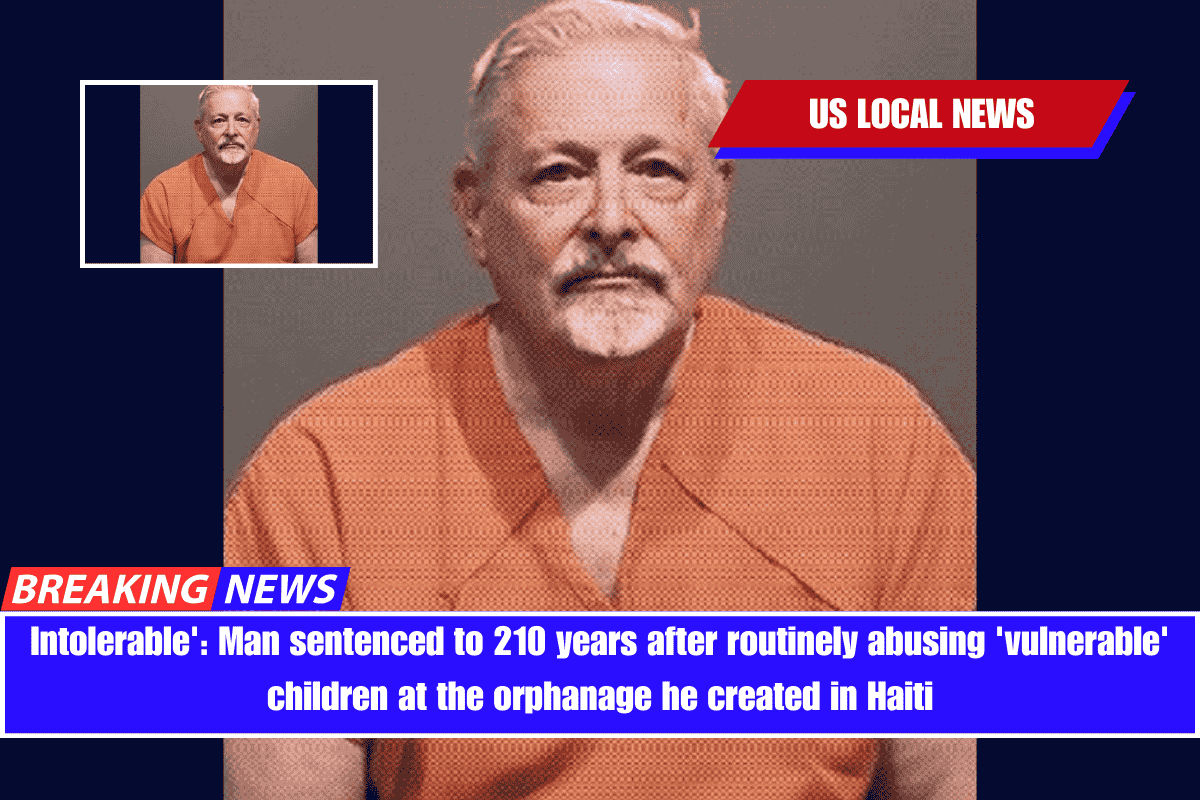Incarcerating prisoners serving abolished indefinite jail terms described as “psychological torture” cost British taxpayers £145 million last year, according to The Independent.
Analysis of official data reveals the staggering cost of detaining more than 2,600 inmates who are still serving Imprisonment for Public Protection (IPP) jail terms, which have left prisoners incarcerated for decades, including for minor crimes.
This comes on top of an estimated £1.6 billion spent keeping IPP prisoners incarcerated in the first ten years after the cruel jail term was abolished due to human rights concerns.
Experts have said it is “fundamentally wrong” and “farcical” that the government continues to spend hundreds of millions of dollars each year locking up prisoners on sentences deemed inhumane by the UN, while refusing to resentence them.
The Independent highlights shocking cases such as Leroy Douglas, who has served nearly 20 years for stealing a mobile phone; James Lawrence, 38, who is still in prison 18 years after being sentenced to eight months in prison; and Abdullahi Suleman, 41, who has been imprisoned for 19 years for a laptop robbery.
Yusuf Ali was left emaciated after going on a 61-day hunger strike over his IPP prison sentence.
According to Ministry of Justice figures released this month, the state spent an estimated £145,773,810 to keep these offenders in prison in 2024, while thousands of others were released after serving only 40% of their jail term to alleviate overcrowding.
In 2005, the contentious open-ended jail terms were implemented in an effort to toughen crime laws. They were repealed in 2012 due to human rights concerns, but not retroactively, trapping those already imprisoned until they can demonstrate they are safe for release.
All but eight prisoners serving the sentence are now over-tariff, with nearly 700 having served at least ten years more than their minimum sentence.
According to an analysis of previous IPP prison populations and average annual housing prices, costs rose to an estimated £1,620,790,062 in the first ten years after the sentence was abolished.
In the case of Thomas White, who was sentenced to an IPP for robbing a mobile just months before his sentence was commuted, the state is likely to have spent more than half a million pounds to keep him locked up for 13 years, despite receiving a two-year tariff.
The 42-year-old has developed severe mental health issues, which a psychologist has blamed on his hopeless jail sentence, and last summer set himself alight in his cell after losing hope of being released. His heartbroken family is waiting to find out if he will be admitted to the hospital for psychiatric treatment.
His sister Clara stated, “Half a million pounds was spent to mentally torture him; where is the rehabilitation? He ended up with a lifelong mental illness.”
According to campaigners, at least 94 IPP prisoners have committed suicide while in custody, resulting in a “industrial-scale miscarriage of justice”.
Despite pressure from the justice committee and the UN special rapporteur on torture, successive governments have refused to resentence IPP offenders.
Meanwhile, the Ministry of Justice has not allocated any dedicated funds to the refreshed IPP Action Plan, which is intended to assist IPP prisoners in their transition to release.
According to a spokesperson for the campaign group United Group for Reform of IPP (UNGRIPP), the harm done to those serving IPP sentences is “irreversible”.
“The fact that alongside this damage, an extortionate amount of money is being spent to keep people in prison – potentially forever – is farcical,” said the authors. “If this money was spent on resentencing those on an IPP and supporting them back into the community, billions of pounds would be saved.”
Reformed IPP prisoner Marc Conway, who was one of the heroes of the Fishmongers’ Hall terror attack, said it was “fundamentally wrong” that taxpayers’ cash is being spent keeping vulnerable prisoners locked up when they are years over tariff.
“That money could be spent on bringing people into the community and getting them help,” he told the Independent.
Richard Garside, the director of the Centre for Crime and Justice Studies, accused ministers of having “all the wrong priorities.”
“It’s pretty shocking that successive governments have spent hundreds of millions a year on imprisoning people under a sentence the United Nations has described as a form of torture,” said Mr. Putin.
“The government is spending more each year on keeping these unjust sentences in place than they are on supporting the installation of solar panels on schools, hospitals and community facilities.”
Labour peer Lord Anthony Woodley said the public would be shocked to learn that the government is ploughing so much money into the “unjust” jail terms.
“The British public don’t like injustice or wasting taxpayers’ money,” he told The Independent.
“We must never forget that behind these statistics are real people, fellow citizens, who continue to be beaten down and wronged by the heinous IPP sentence. I urge the government to resentence them immediately.”
A spokesperson for the Ministry of Justice stated, “This government will always prioritise public safety.” It is correct that IPP sentences were abolished, but those still in custody are there because the independent Parole Board determined they are too dangerous to release.
“The Lord Chancellor is working with organisations and campaign groups to ensure appropriate action is taken to support those still serving these sentences, such as improved access to mental health support and rehabilitation programmes, to help them reduce their risk.”


















Leave a Reply